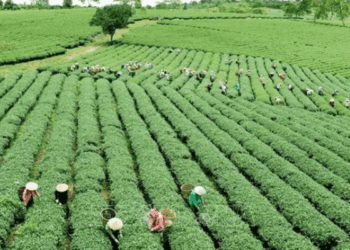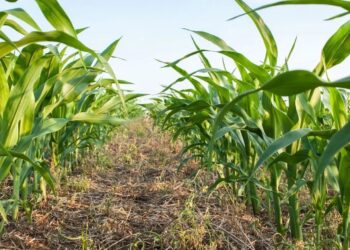But what if the solution to this persistent problem could be found in Nigeria’s agricultural fields? Every year, the country’s farms produce vast quantities of agricultural waste—rice husks, cassava peels, maize stalks, and palm kernel shells, among others. Often, this waste is burned in open fields or left to decay, releasing harmful greenhouse gases, and contributing to environmental degradation. However, this so-called waste holds significant potential as a renewable energy source that could power rural communities and industries across the country.
The Power of Agricultural Waste
Biomass energy is the process of converting organic materials, such as agricultural residues, into usable energy in the form of electricity, heat, or biofuel. Across the world, countries like Brazil and India are harnessing agricultural waste to generate renewable energy. Now, Nigeria is beginning to explore how this abundant, underutilized resource can address its energy needs—particularly in rural areas where access to the national grid is either limited or non-existent.
Agricultural waste has a high energy content. For instance, rice husks, which are a by-product of rice milling, can be burned or processed into biogas to produce electricity. Cassava peels, another widely available resource, can be turned into biomass pellets that fuel energy systems. Not only does this technology offer a sustainable way to dispose of waste, but it also creates a renewable energy source that can power homes, schools, and small businesses in underserved areas.
Case Studies: Rural Communities Leading the Way
In several rural communities across Nigeria, agricultural waste-to-energy projects are beginning to take shape. In Ogun State, for example, a cassava peel biomass project is providing renewable power to thousands of households. The initiative involves collecting cassava peels from local farmers, processing them into pellets, and using them to generate electricity. The benefits are twofold: the project reduces environmental waste while delivering clean, affordable power to communities that previously relied on expensive and polluting diesel generators.
Similarly, in Ekiti State, a rice husk power plant is demonstrating how agricultural residues can serve as an effective energy source. Rice farmers no longer have to burn or dispose of their husks; instead, they sell them to the plant, which converts them into biogas to power the local rice mills and homes in the surrounding area. This not only improves energy access but also boosts local agricultural productivity by making rice processing more efficient.
Economic And Environmental Benefits
Harnessing agricultural waste for energy provides multiple benefits beyond just filling the electricity gap. For one, it presents a major economic opportunity for rural farmers. By selling their agricultural residues to biomass energy projects, farmers gain an additional revenue stream. It also creates jobs in waste collection, processing, and energy plant operations, contributing to rural development.
Environmentally, using biomass energy reduces the harmful emissions that come from burning waste in the open. Biomass power plants emit far fewer pollutants than traditional fossil fuel generators, helping to combat climate change and improve air quality …





